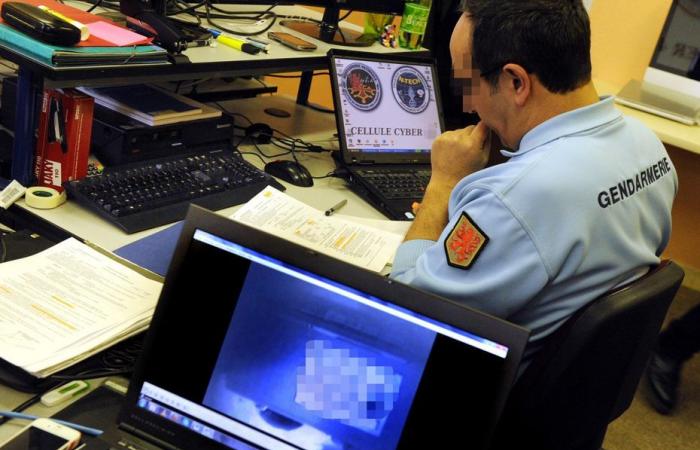
Since the start of 2024, the Drôme financial brigade has recorded a significant number of scams involving fake bank advisors. “Spoofing” consists of usurping bank telephone numbers to gain confidence from customers and empty their bank accounts.
Company
From daily life to major issues, discover the subjects that make up local society, such as justice, education, health and family.
France Télévisions uses your email address to send you the “Society” newsletter. You can unsubscribe at any time via the link at the bottom of this newsletter. Our privacy policy
This article was first published on February 9, 2024.
The scam begins with a simple phone call from your bank. Smiling voice, “Hello Madame X, this is your bank advisor” catches your attention. It is the bank number that is displayed, the correct advisor name is used, and sometimes, we even know your birthday, your address or your account number. You are confident.
And yet, it is indeed a scam. It is called “spoofing”, from the English word which means to usurp. “It is a very well organized network”, we are told by the Valence financial brigade. And the modus operandi is well-established. “The hackers manage to usurp the IP addresses of banking organizations, so they recover a certain amount of information, such as branch telephone numbers and customer files,” the investigator further deciphers. The information is accurate, the tone is cordial, “these are people who will use the language of bankers, a very professional vocabulary, which gives people confidence and they are fooled”.
The fake advisor then finds an excuse, most of the time a fraud, to ask the victim for personal information. The objective is always to “validate one or more operations on your application or obtain sensitive and personal information such as your data bank cardyour identifiers and your access codes”, can we read on the information platform set up by the Banque de France. The website specifies that cybercriminals can sometimes use associated means of communication, such as SMS or emails, to obtain this confidential data.
In Drôme, a “small provincial police service”, the Valence police station records between 10 and 15 similar complaints per week. “It’s going viral,” comments the investigator. “And it can range from 500 euros to 3,000 euros, sometimes the victims have even had their entire bank account looted.”
-If they work “on the destination of the stolen funds”, Drôme investigators are poorly equipped, on their scale, to fight against this type of fraud. They advise never disclosing over the telephone, “banks never ask for confidential information by telephone”, and then calling back their advisor “within the hour” to verify that it is not a scam. .
Most of the time, cybercrooks encourage the victim to act urgently, counting on the stress caused to prevent them from carrying out checks. “Never give in to pressure, it should on the contrary alert you”, adds the Banque de France website.
Faced with the scale of this phenomenon throughout France, the Federation French telecoms company has just announced the deployment of a device which should prevent spoofing of 10-digit phone numbers.
Vigilance therefore remains essential.





